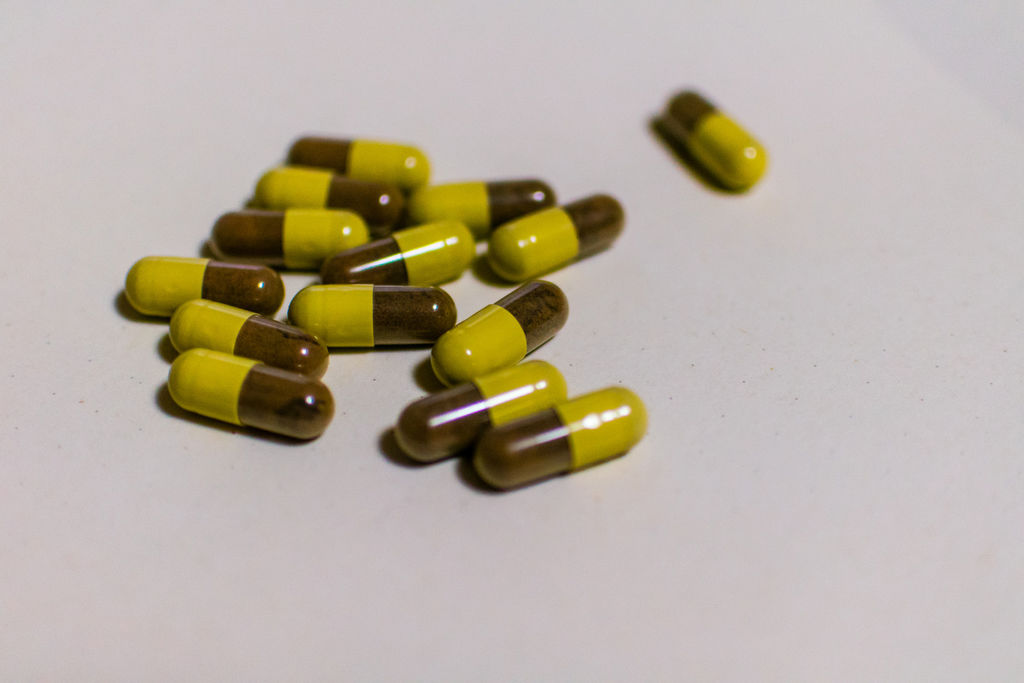ANTIBIOTIC RESISTANCE

In some special cases of infections due to opportunistic bacteria, shortening the antibiotic treatment could decrease the risk of developing resistance, two researchers say. A hypothesis that remains to be proved.
It is a recommendation strongly relayed by the professionals of health: it is necessary always to take its antibiotic treatment to the end to make sure to have eliminated all the bacteria responsible for the infection, and thus to avoid the appearance of bacteria resistant.
According to British doctors, this recommendation is not based on any evidence. "Of course, for bacteria that can be totally eliminated from the body, it is possible that a shortened treatment will help some of them survive, which can then become resistant," says Tim Peto, an infectious disease specialist. the University of Oxford.
- Certain bacteria are naturally present in the body: they are therefore never totally eliminated.
But for bacteria that pose problems of multiresistance to antibiotics, for example in some cases of urinary infections, it would be the opposite: "these bacteria are naturally present in the body, and are therefore never totally eliminated. As a result, the longer the patient is exposed to antibiotics, the greater the risk that they develop resistance, "says Tim Peto. The latter is currently conducting a clinical trial to demonstrate the utility of shortening certain treatments.

Great. Thanks for sharing. I vote for you and begin to follow you. And Resteemed...
thanx u are welcom me too